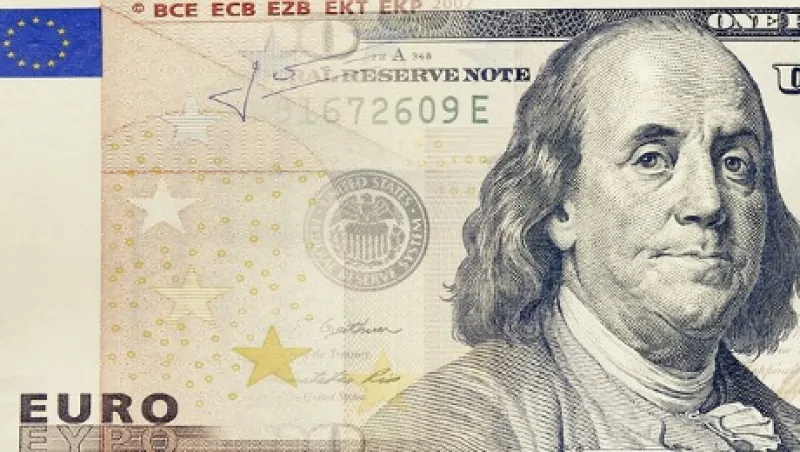
Daily Agenda: No Consensus on Dollar’s Fate As Year Ends
US third-quarter GDP slightly weaker than estimated; West Texas Intermediate crude briefly trades at a premium to Brent.
Andrew Barber
December 23, 2015


